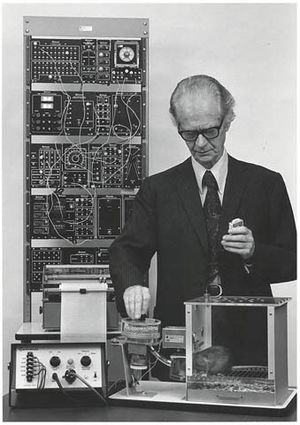Coaching
The public chastisement of one of a Human Resources preferably by the means of humiliation, with the purpose of instilling fear.
Coaching is just one of many tools of the art of Leadership which specializes in the elimination of intelligence residues in uneducated adults. Coaching however cannot be relied upon for major intelligence deprivation; this is he primary responsibility of Education.
The purpose of Coaching[edit | edit source]
Coaching is often provoked by the followers' autonomous and unrequested display of intelligence.
This behaviour needs to be immediately addressed by the leader, at the risk of stimulating similar behaviors in others if not adequately dealt with.
Historical Perspective[edit | edit source]
In Western cultures, the foremost universal example of coaching is Adam and Eve's expulsion of Paradise. See Leadership. The coach in this example was God himself.
Later , organized religion developed Human Resources specialized in coaching called priests. The task of these priests was later taken over by politicians and more recently in modern times by business leaders.
All these coaches require certain personal attributes, among them a sense of inferiority, uncontrollable envy and a lack of scruples (see Leadership, attributes of).
Coaching Scientific foundations in behavioral psychology[edit | edit source]
Coaching techniques have a scientific basis in Behavioral Psychology.
This discipline developed in the United States by B.F. Skinner - the famous psychologist and entrepreneur best known for having founded Taco Bell -, is a very practical application to Human Resources of the results of cruel experiments with rats.
After extensive statistical confirmation of the consistency and predictability of the results of these techniques in rats and dogs, they have been intensively adopted by large corporations thanks to Management Science and in schools thanks to the development of Education.
Obviouly, electric shocks needed some contextual adaptations when applied to Human Resources, but this has been no obstacle to coaching's extensive adoption.
